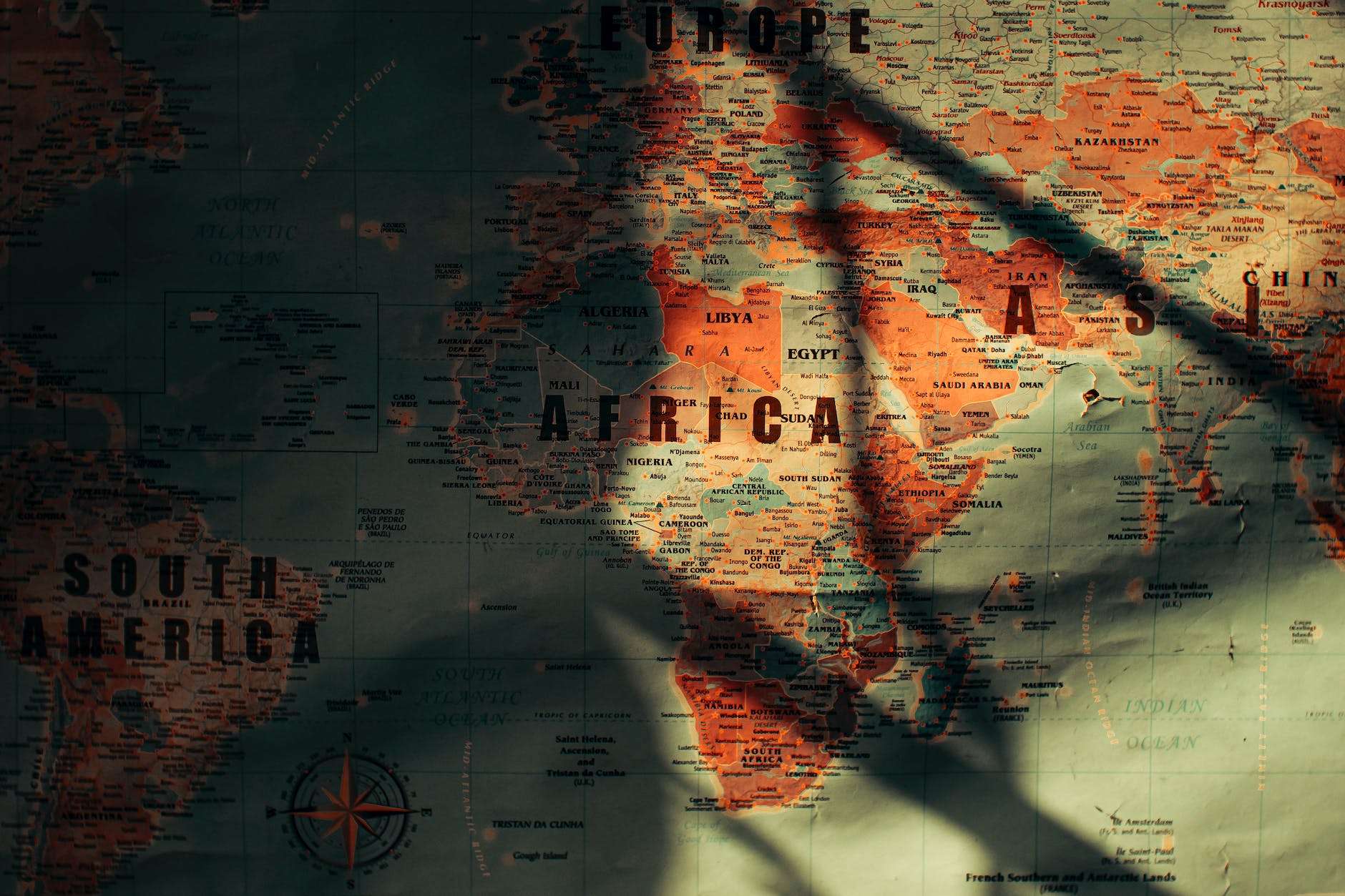
Call for Papers
Call for content: Crafted Audio, Narrative Podcasting and the Global South
RDR Editors: Aasiya Lodhi and Abigail Wincott
Deadline: Oct 31 2023, for peer-reviewed articles, Dec 31st for non-peer-reviewed items.
We’re seeking contributions for a special edition of RadioDoc Review on audio documentary, narrative podcasting or crafted audio in the Global South.
It’s a decade since a new ‘golden age’ of podcasting was heralded in the wake of the unprecedented success of Serial (2014). In the years since, a rich ecology of radiogenic renaissance has been celebrated in the Global North, with one strand of podcasting and crafted audio closely aligned to the tradition of the ‘feature’ developed in northern Europe in the 20th century. Another strand, that of serialised narrative nonfiction podcasting with superlative sound design, has developed in North America, Australia and other anglophone regions.The voices and sounds of the Global South are largely missing from this canon, as well as from much of the theorisation and praxis-based analysis of the crafted audio form – although we greatly welcome the recent publication of Sound Practices in the Global South: Co-listening to Resounding Plurilogues by Budhaditya Chattopadhyay (2022). Maybe these absences are anchored in a failure to hear the work produced outside the Global North (by those in the North). Or could our very definitions of audio documentary be too narrow? Furthermore, crafted audio success is often yoked to neoliberal conceptions of authenticity and intimacy. Although there has been a welcome increase in scholars and practitioners pushing against these individualised ideals – including Jess Shane’s (2022) impassioned appeal for an anti-capitalist ‘Third Podcasting’ in this journal – it remains the case that podcasting’s interrelations with ideas of indigeneity, pluriversality and decoloniality have too often been overlooked. This issue of RadioDoc Review therefore seeks to challenge and reshape our understanding of core conceptions of podcasting, of radio/audio documentary, and of the very terrain of audio’s ‘new golden age’ by tuning in to the audio of the Global South(s)
Podcasting’ in this journal – it remains the case that podcasting’s interrelations with ideas of indigeneity, pluriversality and decoloniality have too often been overlooked. This issue of RadioDoc Review, therefore, seeks to challenge and reshape our understanding of core conceptions of podcasting, of radio/audio documentary, and of the very terrain of audio’s ‘new golden age’ by tuning in to the audio of the Global South(s).
By ‘South’, we mean a conceptual location of positionality rather than of strict geographical divide, a space occupied by the marginalised or the colonised. In turn, it is a space that can also be defined through notions of community, of collective agency and of subalternity.We invite scholars and practitioners to submit original written contributions on Global South podcasting and crafted audio or documentary. Audio produced in any language is welcome as the subject of critique. We particularly seek contributions from those based in Asia (including West Asia or the ‘Middle East’), Africa, Latin America, and the Caribbean. We also seek to prioritise contributions from those who are of minoritised status (broadly conceived). Early career and PhD scholars are also welcome.For full details of what kinds of material we publish, see ‘Submitting to RadioDoc Review’ link on the website. But in summary we feature:
Podcasting’ in this journal – it remains the case that podcasting’s interrelations with ideas of indigeneity, pluriversality and decoloniality have too often been overlooked. This issue of RadioDoc Review, therefore, seeks to challenge and reshape our understanding of core conceptions of podcasting, of radio/audio documentary, and of the very terrain of audio’s ‘new golden age’ by tuning in to the audio of the Global South(s).
– In-depth reviews of audio work (3000 words)
– Scholarly articles and essays (6500 words – peer-reviewed)
– Short provocations: opinion pieces or discussion prompts (max 1500words)
– Book reviews and in-depth interviews with audio makers (3000 words)
Podcasting’ in this journal – it remains the case that podcasting’s interrelations with ideas of indigeneity, pluriversality and decoloniality have too often been overlooked. This issue of RadioDoc Review, therefore, seeks to challenge and reshape our understanding of core conceptions of podcasting, of radio/audio documentary, and of the very terrain of audio’s ‘new golden age’ by tuning in to the audio of the Global South(s).
– In-depth reviews of audio work (3000 words)
– Scholarly articles and essays (6500 words – peer-reviewed)
– Short provocations: opinion pieces or discussion prompts (max 1500words)
– Book reviews and in-depth interviews with audio makers (3000 words)
If you would like more detail on the scope, focus, structure etc., of what we’re looking for, or if you would like to propose an item of any kind, please contact the journal editors, Aasiya Lodhi and Abigail Wincott, at radiodocreview@gmail.com.
Photo by Margarida Afonso on Unsplash